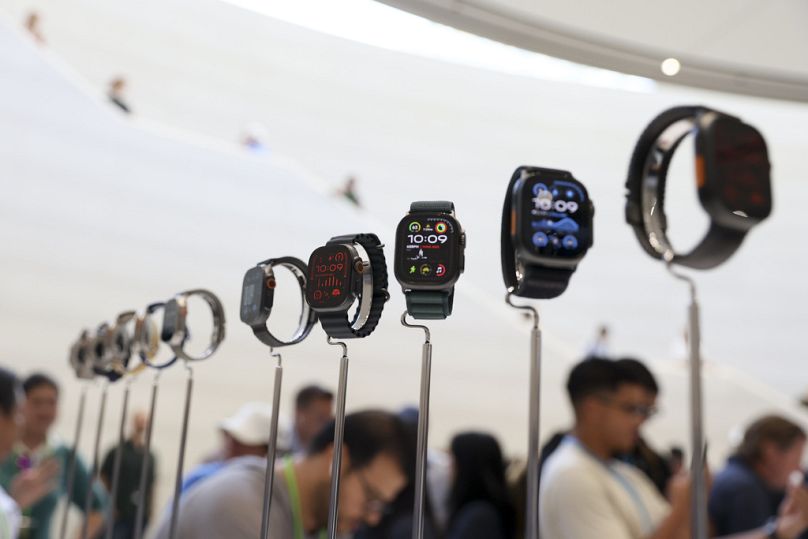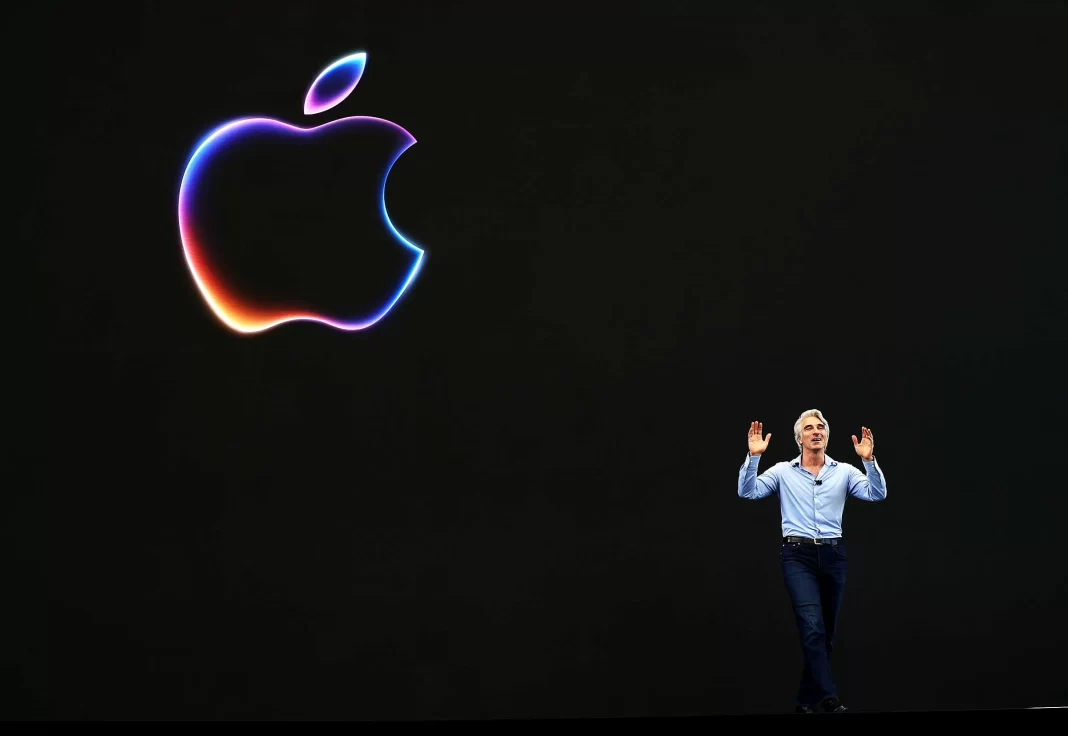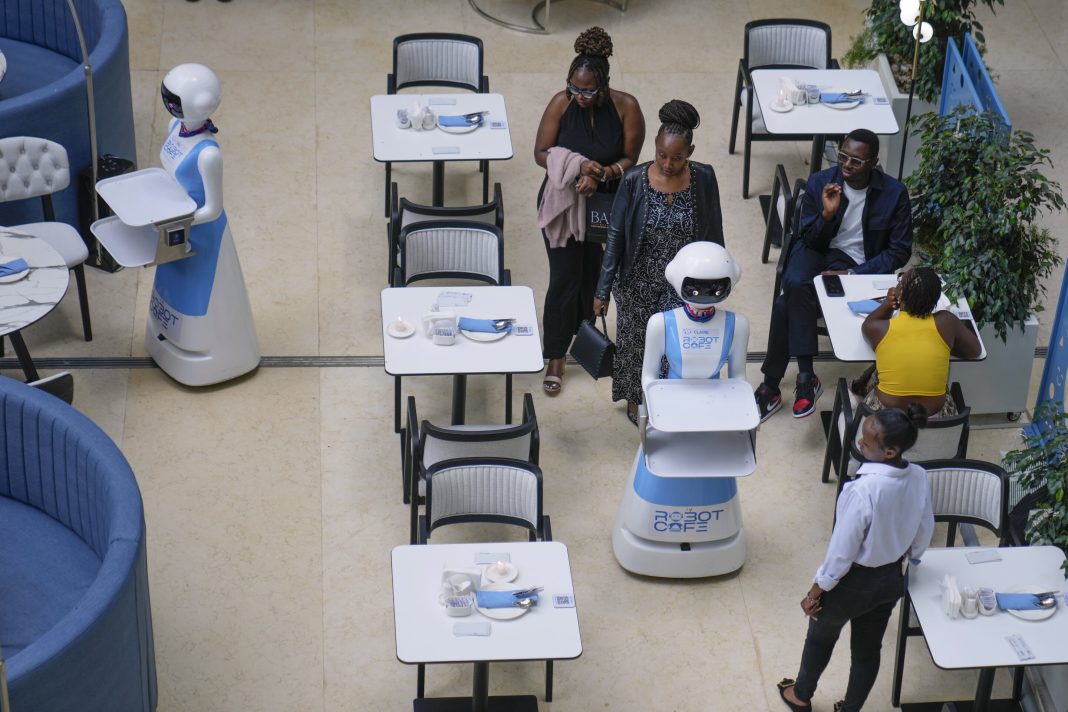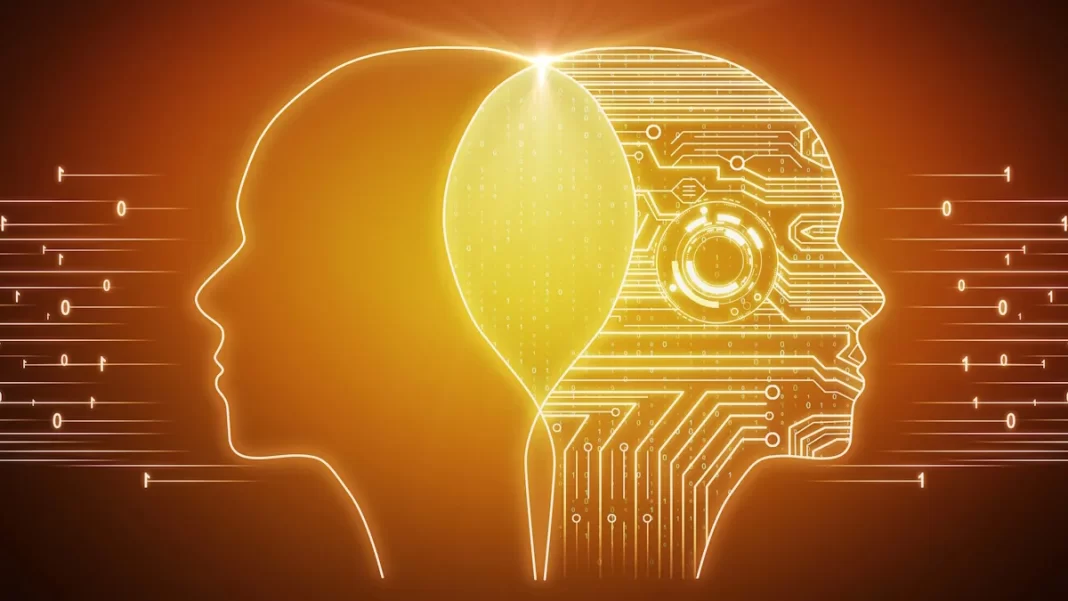With the release of a new iPhone lineup on Monday, Apple joined the artificial intelligence frenzy, marking the company’s latest attempt to capitalize on a technological fad and turn it into a cultural phenomenon.Apple on Monday weaved into the artificial intelligence craze with a new iPhone lineup that marks the company’s latest attempt to latch onto a technology trend and transform it into a cultural phenomenon.
All four of the iPhone 16 models will be equipped with distinct chips, which will power a suite of AI tools that Apple hopes will make its flagship product even more indispensable and reverse a recent sales slump.
Apple’s AI features are intended to automate a multitude of laborious tasks, make Siri, the company’s frequently misbehaving virtual assistant, smarter and more versatile, and perform other entertaining tricks like making personalized emojis in a matter of seconds.
Apple CEO Tim Cook promised the AI package will unleash “innovations that will make a true difference in people’s lives” after the event on Monday was met with a standing ovation.
However, the innovations will not happen right away when the new iPhones, which will retail for between $800 and $1,200, arrive in stores on September 20.

A free software update to iOS 18, the operating system that powers the iPhone 16, will include the majority of Apple’s AI features. This update will be available from October through December. According to Apple, U.S. English will be the primary language at launch, but an update enabling other languages will be released the following year.
All of this is a part of a new strategy that Apple unveiled three months ago at a developer conference in an effort to raise expectations for the upcoming iPhone generation in the midst of an unusual decline in sales of the popular devices.
Rivals like Google and Samsung have advanced their artificial intelligence (AI) research since Apple’s June conference. AI is predicted to bring about the biggest shifts in computing since the original iPhone was released 17 years ago.
Similar to how Apple transformed smartphones from emerging devices into an essential tool for modern society, the Cupertino, California-based company is hoping to achieve a similar feat with artificial intelligence, which it has been a little slow to adopt.
The technology built into the iPhone 16 is marketed as “Apple Intelligence,” an attempt to differentiate the company from the pioneers of artificial intelligence. Apple’s new strategy, despite the distinctive branding, is similar to many of the features found in the Google Pixel 9 that was released last month and the Samsung Galaxy S24 that was released in January.

Apple is eager to capitalize on this market, according to PP Foresight analyst Paolo Pescatore. “Apple could have waited another year for further development, but initial take up of AI-powered devices from the likes of Samsung has been encouraging.”
By designing its AI so that the majority of its technological tricks can be processed on the device itself rather than relying on massive banks of computers located in distant data centers, Apple is attempting to uphold its longstanding commitment to privacy as it ventures into new territory. Apple guarantees that any task requiring a connection to a data center will be completed in a strictly regulated manner to guarantee that no personal information is kept remotely.
Although securing the shared personal data with Apple’s AI tools naturally lowers the likelihood that the information will be misused or exploited against the will of the user, it is not a 100% secure solution. For example, a device could still be lost or compromised via digital trickery.
Apple is partnering with OpenAI to enable users to assign more complex tasks to the well-liked ChatGPT chatbot, providing access to even more AI tools than those provided by the iPhone.
To promote its on-device AI capabilities, Apple is offering a free version of its operating system; however, the chip required to power this technology is limited to the iPhone 16 series and the high-end iPhone 15 models that were released a year ago.
This implies that the majority of customers who want to benefit from Apple’s AI strategy will need to purchase an iPhone 16 model, a development that analysts predict will drive demand rising in the run-up to the holidays.
The expected sales boom has been the main driver of Apple’s stock price increase of over 10% since the June developers conference. On Monday, the shares saw a slight recovery following the initial decline following the release of the newest iPhone models.
Dan Ives, an analyst at Wedbush Securities, was so impressed with what he saw on Monday that he made the prediction that Apple’s market value will cross the $4 trillion mark for the first time next year thanks to the new AI iPhones. According to that estimate, Apple’s stock will rise by about 20% from its closing price of $220.91 on Monday.
Along with its most recent iPhone models, Apple also unveiled the AirPods Pro, the company’s next generation of wireless headphones, which will soon receive software that will allow them to be used as hearing aids, and a new version of its smartwatch that will include a feature to help detect sleep apnea.




